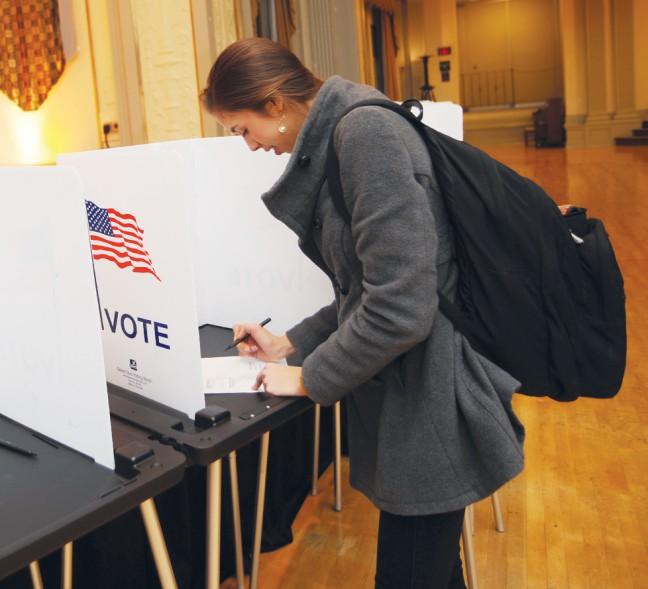I find myself compelled to respond to a peculiar opinion piece in the April 12 issue of The Badger Herald, titled “Animal research needs vigilance.” That letter refers to the recent accreditation of University of Wisconsin animal care programs by the Association for the Assessment and Accreditation of Laboratory Animal Care, International.
Every three years, this organization conducts an in-depth, on-site evaluation of accredited organizations, and, if they meet the high AAALAC standards, it awards reaccreditation for another three years. The facts were provided in a recent press release by UW News.
The press release noted that AAALAC complimented our animal program for a job well done. They found no examples of failure to adhere to standards and provided 18 commendations for excellence. They provided a helpful list of suggestions for us to consider about ways in which we could make our programs even stronger, all of which we accepted and put into place.
This was a remarkably positive evaluation, as was the evaluation we received three years ago. That level of success is hard to achieve. Folks on campus should be pleased about this evidence of vigilance and quality in our animal research.
Let’s get back to Thursday’s opinion piece. The author bases her several criticisms of our animal program on the following statement: “For a university of our size and caliber to struggle with accreditation of all its animal testing departments, the abuse must have been widespread and egregious.” Her understanding of the story was completely opposite to what actually happened. The campus didn’t struggle with accreditation; it passed with flying colors and high praise.
These errors could have been avoided with a simple phone call to get the facts straight. That step should be second nature for all editorial staff on a newspaper, especially when they already have strong feelings about an issue. It can help to avoid damaging and discouraging mistakes like this.
Eric Sandgren ([email protected]) is an associate professor and the director of the Research Animal Resources Center.











